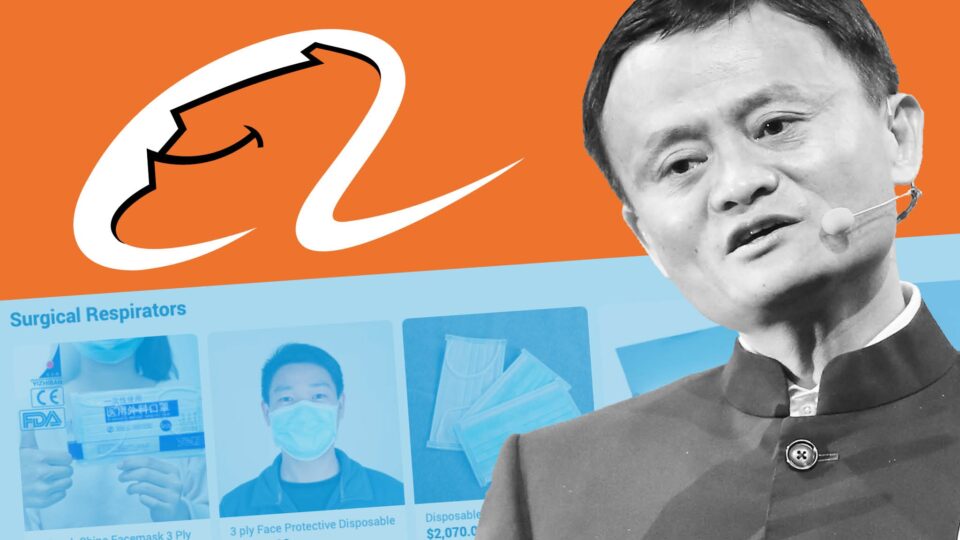China has ordered its domestic media to restrict their reporting on an antitrust investigation into Alibaba Group Holding Ltd as speculation over the future of one of the country’s largest corporations intensified, according to people with direct knowledge of the matter.
A directive issued by the government’s propaganda arm toward the end of last year ordered news outlets to strictly echo the official line on the investigation into the tech giant.
This effectively prohibits them from engaging in original reporting and extended analysis or drawing their own conclusions without authorisation, according to the sources, who asked not to be identified as the order hasn’t been made public.
The restrictions also apply to coverage of Jack Ma, the company’s billionaire co-founder, who has not been seen in public or made a social media post since late October.
Authorities in Beijing regularly issue propaganda directives and guidelines to domestic media organisations to further the government’s policy objectives.
The Financial Times earlier reported the directive on Alibaba, saying that it signalled how the issue has become a matter of national political sensitivity.
Ma’s empire has become the most prominent target of China’s campaign against the technology industry, which as so far torpedoed affiliate Ant Group’s $35 billion initial public offering and led to an antitrust investigation at his e-commerce giant.
Ma has been advised by the government to stay in the country, a person familiar with the matter told Bloomberg News. Several online blogs that speculated about his whereabouts have been censored, according to the FT.
“It’s because the government does not want to see two things: one is people questioning the overreaching intervention, the other is people lashing out at the private sector and discouraging China’s economic engine,” said Fang Kecheng, a communications professor at the Chinese University of Hong Kong.
At one media company, the restrictions were applied to Chinese language outlets, but not its English-language journalists, one person said.
In addition to restricting access to global sites such as Google, Facebook and Twitter, authorities in Beijing have long exerted tight control over domestic news coverage of topics deemed to be politically sensitive.
During the Covid-19 outbreak last year, social media platforms were scrubbed of posts critical of the government, while information about the Hong Kong protests in 2019 were wiped from the internet even as state media blamed US interference.
An Alibaba-backed media platform that published an editorial warning against excessive punishment of China’s tech giants was made to halt its operations for a month, the FT reported.
Alibaba didn’t immediately reply to queries for comment.
Observers believe Ma fell out of favour with President Xi Jinping and top Communist Party officials after publicly criticising regulators for stifling financial innovation such as online lending.
After his comments were widely reported, Ant Group went from preparing the world’s largest IPO to being ordered to overhaul large swaths of its business.
The company is now planning to restructure its consumer credit operations so that it can continue lending nationwide under new regulations that would otherwise threaten to dramatically restrict its most lucrative business, industry sources said on Friday.
bkk bbc





